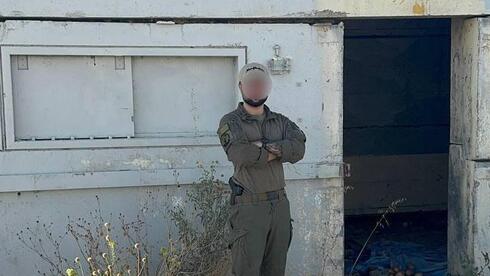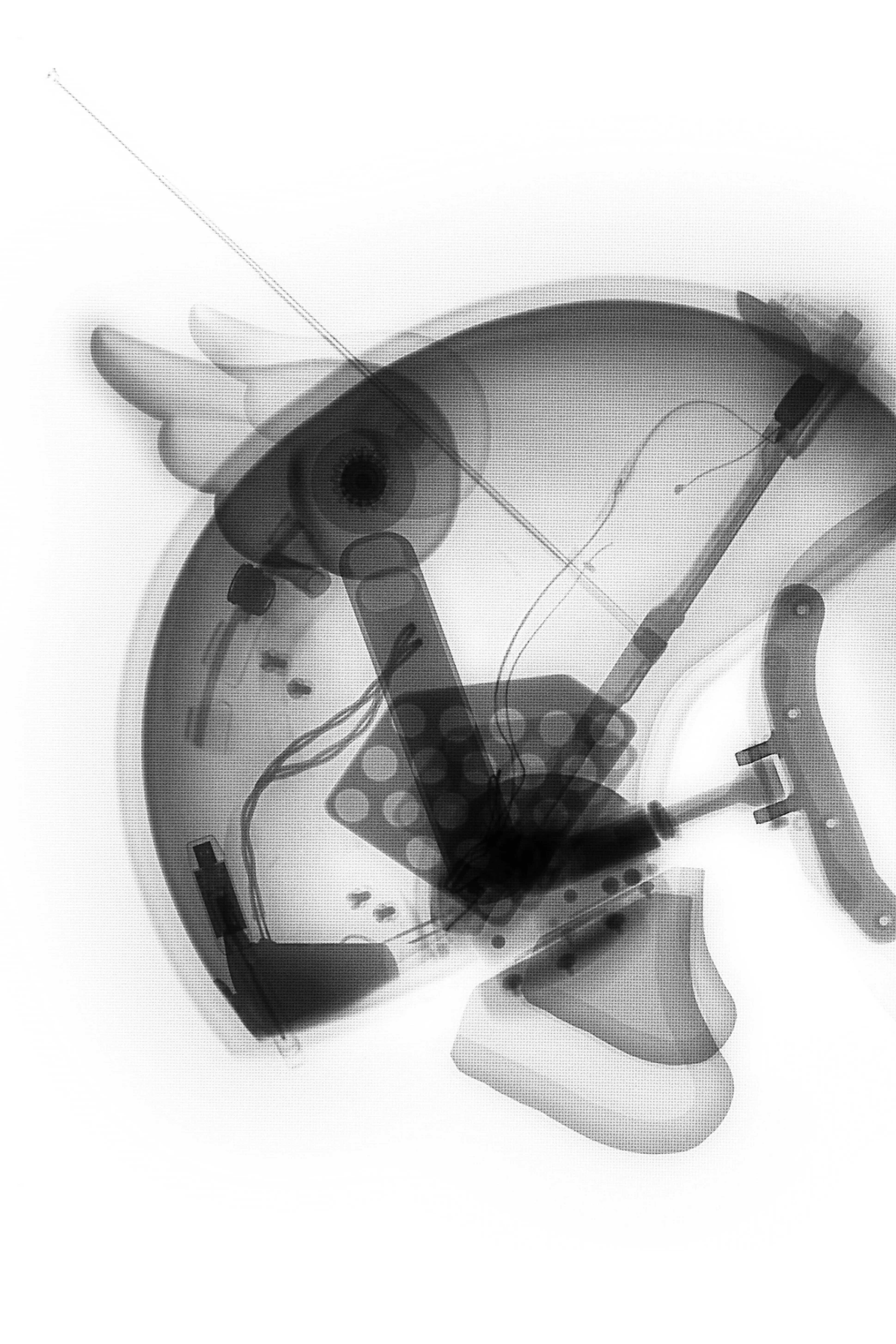By Ron Crissy
Copyright ynetnews

On October 7, Lt. A, then a platoon commander in the IDF Engineering Corps’ “Steel Knights” company of the Gaza Division’s Southern Brigade, was stationed at the Kerem Shalom outpost. As soon as the rocket sirens began, mortar and missile fire from Gaza could already be heard. “Within a short time, reports started coming in about terrorist infiltrations,” recalls Lt. A, who today serves as deputy commander of the same engineering company he has been leading in combat inside the Strip for many months. At the time, A and another platoon commander were sheltering with several of their soldiers in a fortified position. They decided to split into two squads to defend the outpost. “By 7:10 a.m., we already had our first encounter with two terrorists who opened fire at us,” says A, describing how he engaged them in a face-to-face gunfight from the entrance to the bunker. “There was an exchange of fire. The terrorists threw a grenade toward us and one of the soldiers was lightly wounded. “They threw another grenade to try to push forward, and then another one into the bunker itself. Luckily, it didn’t explode. I stepped out of the bunker to return fire, while at the same time the second squad spotted one of them outside and eliminated him,” he adds. After the firefight, A and his team continued holding their ground until reinforcements arrived. When the IDF launched its ground maneuver inside Gaza, A entered with his troops. In January 2024, during operations in Khan Younis, he was wounded along with one of his soldiers. “A terrorist fired an RPG at us from about 30 meters away. Both of us were wounded and evacuated to the hospital, where we later went through rehabilitation,” A recalls. “Even as I lay in the hospital, I was already thinking about what comes next. The memories of October 7 were fresh in my mind, and I realized it was stronger than me—I had to go back.” After several weeks of recovery, A returned to the battlefield. “I never saw an option where I wouldn’t return to lead my soldiers. I know the risks, but I also understand the mission—we’re fighting for our home, and our brothers are still being held hostage there. We’ll carry out the missions any way possible, at any cost.” For many months, A continued fighting with his unit in Gaza and was later appointed deputy company commander. During this period he was hit three more times by RPG fire but miraculously escaped unharmed. The fourth strike, in October last year, left him injured and hospitalized again. “My legs were full of shrapnel,” he recalls. Even then, while in rehabilitation, he was already determined to return. “By then I was deputy commander, and I knew I had a company waiting for me—I was going back the moment I could. It was very important to me to remain part of it, so I didn’t let myself give up. After just a month of rehab, I was back.” His family had expected that the battles of October 7 and his subsequent injuries would make him stop, but in a conversation at the hospital he told them: “You’ll think I’m crazy, but only those who have been through this, who truly understand the meaning of this war, come back stronger. There are many like me—I’m part of countless fighters who returned after being wounded because we know what’s there, and that we must and can give more.” Lt. A stresses that the troops “still have enormous motivation to keep fighting and defending the country.” He bristles at those who claim the fighters are worn out. “The soldiers at the front haven’t lost their sense of purpose. They understand the meaning behind every mission and continue risking their lives for the hostages still in Gaza and for the defense of the homeland.” The Engineering Corps company in which A serves is known as the “Steel Knights.” Since October 7, they have been operating to open routes, clear areas, and secure neighborhoods before other forces move in—while also providing assistance on the home front. “The company works extremely hard both in the rear and on operations,” A says. “When needed, we also help communities recover, because ultimately this is our sector, and it’s very important to us to give support—both at the front and behind it.”



